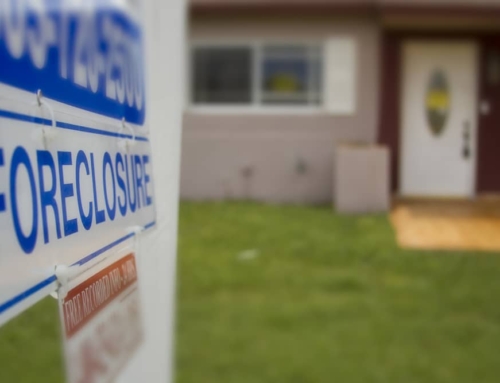Q: I am currently a Junior in college in Cleveland, Tennessee. I’ll be in school for two more years and have full tuition scholarship.
I’m interested in purchasing an older home near my school and renting to my roommates. The idea is that the rent would cover the mortgage and small sum to be put into a repair fund for the property and then later to pay down the mortgage.
I have a very brief credit history, but that is the only strike against me. I will not be able to put any money toward a down payment and I am wondering what would be the best way to go about financing the home.
I have looked at no-doc loans and interest only loans as well. I plan to convert the property to a rental only when I graduate, with the possibility of using it as a primary residence after grad school.
What suggestions do you have concerning financing, rental agreements, and tax sheltering? Can I count it as a rental property if I “rent” from myself and forgive the rent, if so, would I need to purchase the house as the sole owner of a corporation, and then rent to myself as an individual?
Also, there is the possibility that my father could purchase the home and count it as a rental property, he would then forgive my rent, and I would mange the property with the option to buy it from him later.
A: It sounds as though you’ve got a bright future ahead of you as an entrepreneur, if not as a real estate developer.
Buying a home and renting it to your friends is a great way to live virtually rent free, all the while building up equity in real estate.
Your problem, from a lender’s perspective, is income. It sounds like what you have is a stipend to live on (plus your tuition, which won’t count for a lender). A mortgage lender is going to want to know how you plan to keep up with the mortgage in case you can’t rent out one of your rooms (however unlikely that is).
You’ll to have your friends to sign a lease to rent the rooms now, and then go to a lender who will use the value of the signed leases to help you qualify for the payments.
Lenders will allow you to borrow about 75 percent of what the lease payments would support, so keep this in mind. For example, if you rent out 4 rooms, and each renter pays you $250 per month, that’s $1,000 per month. But a lender will look at that and say that they will allow you an extra $750 per month toward your mortgage.
Which brings us back to the income question. You can solve it in one of couple of ways. You can get a part-time job while you’re in school, which will show the lender you have enough coming in to make ends meet. Or, you can get your father to “lend” you his signature, which basically puts him on the line financially to meet your mortgage payment in case you don’t.
When someone co-signs the mortgage with you, they’re also putting their credit history and score on the line as well. If your loan goes into default, and your parents have co-signed your mortgage, it’s as if they went into default along with you. Just so you know, that will tank their credit score as well.
In terms of your own rent, you can’t rent from yourself. However, you can rent from a corporation that owns the property. But I think that will complicate things for this first purchase (although you could consult with your father’s accountant).
Buying houses on campus and renting them back to friends is an excellent way to start acquiring real estate. There are plenty of books on the subject of buying investment real estate. After you finish your homework, head to the library and spend a few hours perusing the real estate section.
Find a real estate attorney who can help you with the leases and can point you in the direction of an honest lender who can put this deal together for you.
Thanks for writing. Write back in a few years and let me know how your real estate empire is growing!
Published: Apr 8, 2005






Leave A Comment